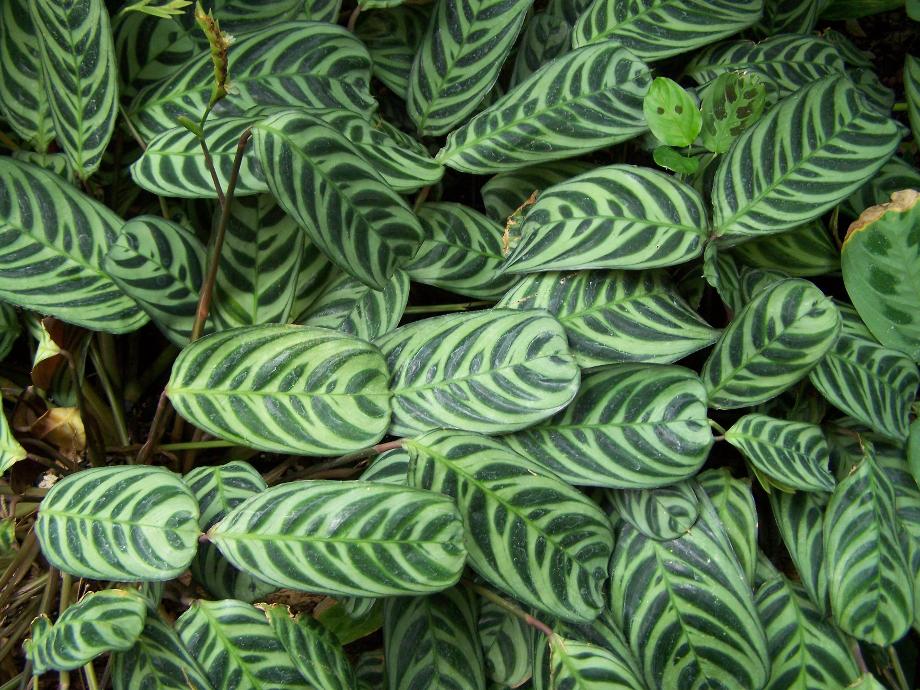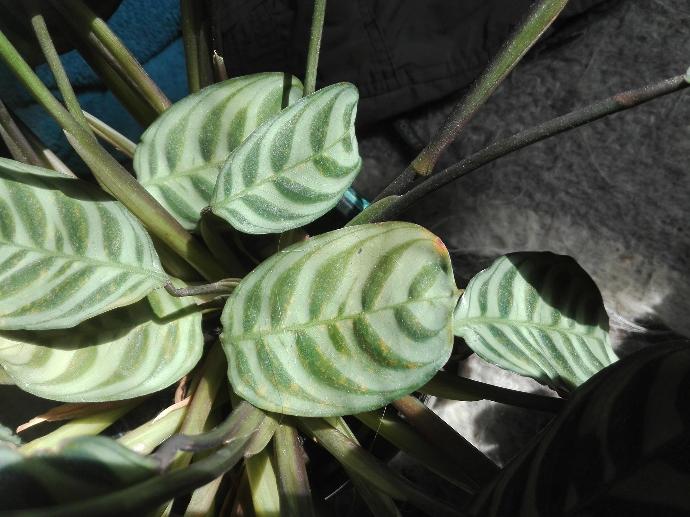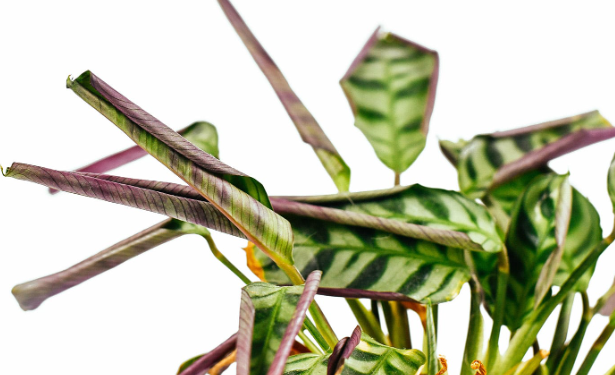Ctenanthe Plant
Ctenanthe (Ctenanthe setosa) is a tropical plant growing 1-2 feet tall, hardy in USDA zones 10-11, with moderate growth in moist, well-drained soil, requiring indirect light and high moisture, and it is neither edible nor medicinal.

Habit
Tropical
Height
30 to 50 cm
Growth
Moderate
Soil
Moist, well-drained, loamy
Shade
Indirect light
Moisture
High
Edible
No
Medicinal
No
Origin
South America
Climatic Condition
Tropical, humid
Temperature (°)
20 to 30
Humidity (%)
60 to 90
Potting media
Peat-based mix
Fertilizers
Balanced fertilizer
Watering
Keep moist, avoid waterlogging
Plant Weight
200 to 400 g
Flowering Time
Spring to Fall
Soil Ph level
5.5 to 6.5
Water Ph level
6.0 to 7.0
Soil EC
0.3 to 1.2
Yield Per Plant
1 to 2 kg per plant
NPK ratio
10:10:10
life Span
Perennial
Health Benefits
Ornamental, air-purifying, used in landscaping.
Suggested Grow Media or Potting Mix ?
50% peat moss, 30% perlite, 20% compost
Suggested Fertigation/Fertilizers
Fertilize every 2-3 weeks with a balanced, water-soluble fertilizer.
Common Diseases and Remedies
Improve soil drainage, prune affected leaves, use neem oil
Fungicides, insecticides
HEALTH BENEFITS
This decorative plant is not widely known for medicinal benefits, but like many indoor plants, it may help purify air and improve indoor humidity

